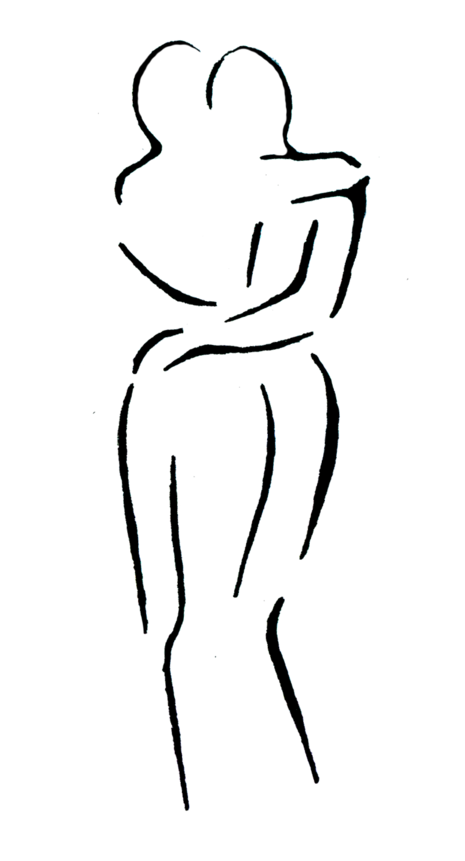Inner Dialogue
My final part for mental health at Christmas is how "shoulds" effect self-care. The word “should” has is a fixture in our everyday inner dialogue. We use it in conversation with others, as a way of motivating ourselves or keeping ourselves in check. The word "should" can be insidious. When we use it we’re distorting reality. It's raising self-criticism and pressure by reinforcing the idea that we are not doing something we feel we ought to. As a result it leaves us with feelings of regret, disappointment and guilt. It feeds into any doubts of our self-worth and damages our mood while increasing anxiety. During the Christmas period the pressure to be festive, spend time with friends or family and ultimately make the most of the festive time can be relentless. If you're thinking about what you should've done in the past, you usually feel upset with yourself for not adhering to your future self's expectations. It's imperative that actually, if you want to avoid stress, pressure and guilt you must start with taking accountability over your own self-care. Making the decision to; not go to that party, spend Christmas day with family who make you miserable, remove people from social media who make you feel low, or not buy gifts. Is no easy feat. But perhaps starting with changing your inner dialogue could be the first step. Should undermines your ability to do what you want to do.
•Sometimes "should" has a good purpose, but sometimes it exists because it's part of someone else's purpose. So try think about WHY you're using the word. Who is it for?
•So instead try changing "should" to "could" or "would like to". •Think about what your "shoulds" are and see if you can reframe them in a positive way.

